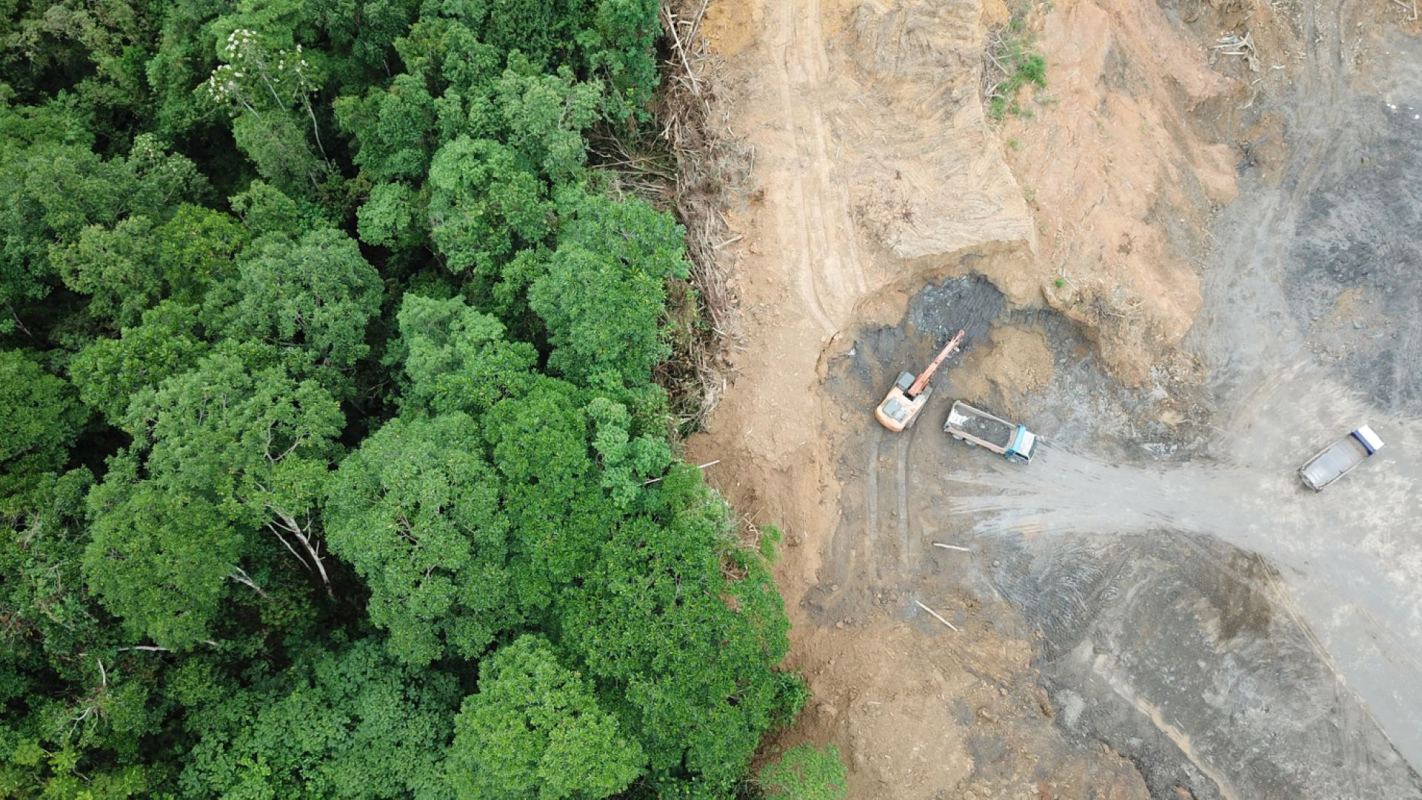On the island of Borneo, a forested area roughly half the size of Singapore is gone. But who is responsible for having removed it? That answer proved more elusive than one might expect.
What is happening?
An Indonesian company called PT Mayawana Persada has deforested an area of Borneo spanning over 100 square miles, and it had proved more difficult than anticipated to figure out who was behind this environmentally destructive company.
However, researchers were able to trace it through a "chain of holding companies" to Royal Golden Eagle Group — one of Asia's largest resource conglomerates — owned by Indonesian billionaire Sukanto Tanoto.
"This complex corporate structure, in effect, hides the ultimate beneficial owner(s) of the company and can shield them from the legal and reputational risks of destroying such vast tracts of tropical forest," said Arie Rompas of Greenpeace Indonesia.
Why is this concerning?
Deforestation is an incredibly destructive practice. It destroys entire ecosystems and leaves the living things that depend on them to die, as well as ruining the livelihoods of local Indigenous peoples.
In 2015, Tanoto's Royal Golden Eagle Group, which uses trees to create its pulp and paper products, publicly committed to a "zero deforestation" policy.
However, instead of following through on that commitment, it seems that the company simply attempted to hide its activities in a trail of paperwork.
This practice — in which a company tries to score points with the public for caring about our planet but then engages in practices that destroy the environment — is known as "greenwashing." And there are greenwashing parallels that exist between Indonesia's Tanoto and many Western billionaires and megacorporations, from Google to Amazon to Tesla.
What is being done about it?
Clearly, the concept of doing the right thing will never make any headway with people like Tanoto or the ones who run the companies listed above, who view such a framework as being in direct contradiction to maximizing the profits that they place above everything else.
Instead, for these companies and decision-makers to change their behavior, they must be presented with consequences that directly threaten those cherished profits.
The consequences can take the form of legislation that makes it more difficult to harm the planet, or consumer boycotts of companies that pollute our planet.
Join our free newsletter for cool news and actionable info that makes it easy to help yourself while helping the planet.









